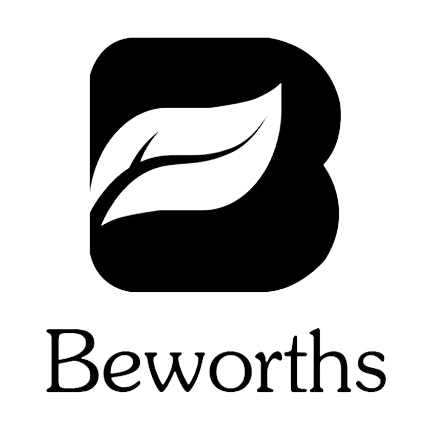Collagen, a protein found abundantly in the body, is emerging as a frontrunner in the realm of superfoods, particularly celebrated for its pivotal role in promoting healthy aging. As the health and wellness industry continues to spotlight the importance of holistic well-being, collagen has captured attention as a versatile and beneficial nutrient.
This structural protein serves as a fundamental building block for various connective tissues, including skin, bones, joints, and tendons. What makes collagen particularly noteworthy is its unique ability to enhance skin elasticity, supporting a youthful complexion and reducing the appearance of wrinkles. This coveted quality has catapulted collagen into the limelight as a go-to solution for those seeking natural ways to promote skin health and combat signs of aging.

Benefits of Collagen
Beyond its aesthetic benefits, collagen plays a crucial role in joint health by contributing to the strength and flexibility of cartilage. Individuals exploring ways to support joint function and alleviate discomfort often turn to collagen supplements, which are available in various forms such as powders, capsules, and liquids.
Furthermore, collagen's influence extends to hair and nail health, making it a holistic ally for those aiming to fortify not just their skin but their entire structural framework. Its amino acid profile, rich in glycine, proline, and hydroxyproline, underscores its importance in maintaining the integrity of connective tissues throughout the body.

Natural Sources of Collagen
Natural sources of collagen are a diverse array of foods that come from both the animal kingdom and the plant kingdom, providing us with a spectrum of options to support collagen production in our bodies.
From the animal world, we have collagen-rich foods like fish, chicken, and beef. These meats contain collagen in different forms, with each type contributing to various aspects of our body's structural integrity. Fish collagen, for instance, is known for its smaller particles, making it easily absorbable and particularly beneficial for enhancing skin health.
Bone broth is another remarkable source of collagen obtained from simmering animal bones and connective tissues. It's like a homemade elixir that extracts the goodness of collagen, creating a nourishing liquid that can be sipped or used as a base for soups and stews. Bone broth is renowned not only for its collagen content but also for providing additional nutrients that support overall well-being.
Now, let's hop over to the plant-based side of things. While plants don't contain collagen per se, they play a crucial role in supporting our body's collagen production. Soy, beans, and certain fruits and vegetables are rich in nutrients that aid in collagen synthesis. These plant-based foods provide the amino acids and vitamins necessary for our bodies to create collagen, acting as valuable allies in maintaining skin elasticity and tissue health.
So, whether you're a fan of savory meat dishes, a lover of nourishing bone broth, or someone who embraces plant-powered nutrition, there are plenty of delicious options to choose from. By incorporating a variety of collagen-rich foods into your diet, you can provide your body with the essential building blocks it needs to keep your skin glowing, joints moving smoothly, and overall health in top shape.

Forms of Collagen Supplements
- Collagen Peptides: These are small, easily digestible pieces of collagen. Collagen peptides are created by breaking down larger collagen molecules through a process called hydrolysis. This form is popular because it has enhanced absorption and bioavailability, meaning the body can absorb and utilize it more efficiently.
- Powders: Collagen supplements are often available in powdered form. This can be convenient for mixing into various beverages and foods.
- Capsules: Collagen is also available in capsule form, making it easy to incorporate into your daily supplement routine.
- Liquid Formulations: Some collagen supplements come in liquid form. This might be preferred by individuals who find it easier to consume liquids or those who have difficulty swallowing pills.
When selecting a collagen supplement, it's emphasized that choosing a form that suits your lifestyle and preferences is crucial. For example, if you prefer a quick and easy solution, capsules might be suitable. If you enjoy adding supplements to your morning smoothie, a collagen powder could be a good fit.
Conclusion
In the pursuit of healthy aging, collagen emerges as an attractive option due to its potential to address multifaceted wellness concerns. As a natural and versatile superfood, it aligns with the growing demand for functional and science-backed nutritional choices in the health-conscious consumer landscape. The question of why collagen is highly regarded in the health and wellness industry finds its answer in the compound's diverse benefits, offering a holistic approach to aging gracefully and supporting overall vitality.

